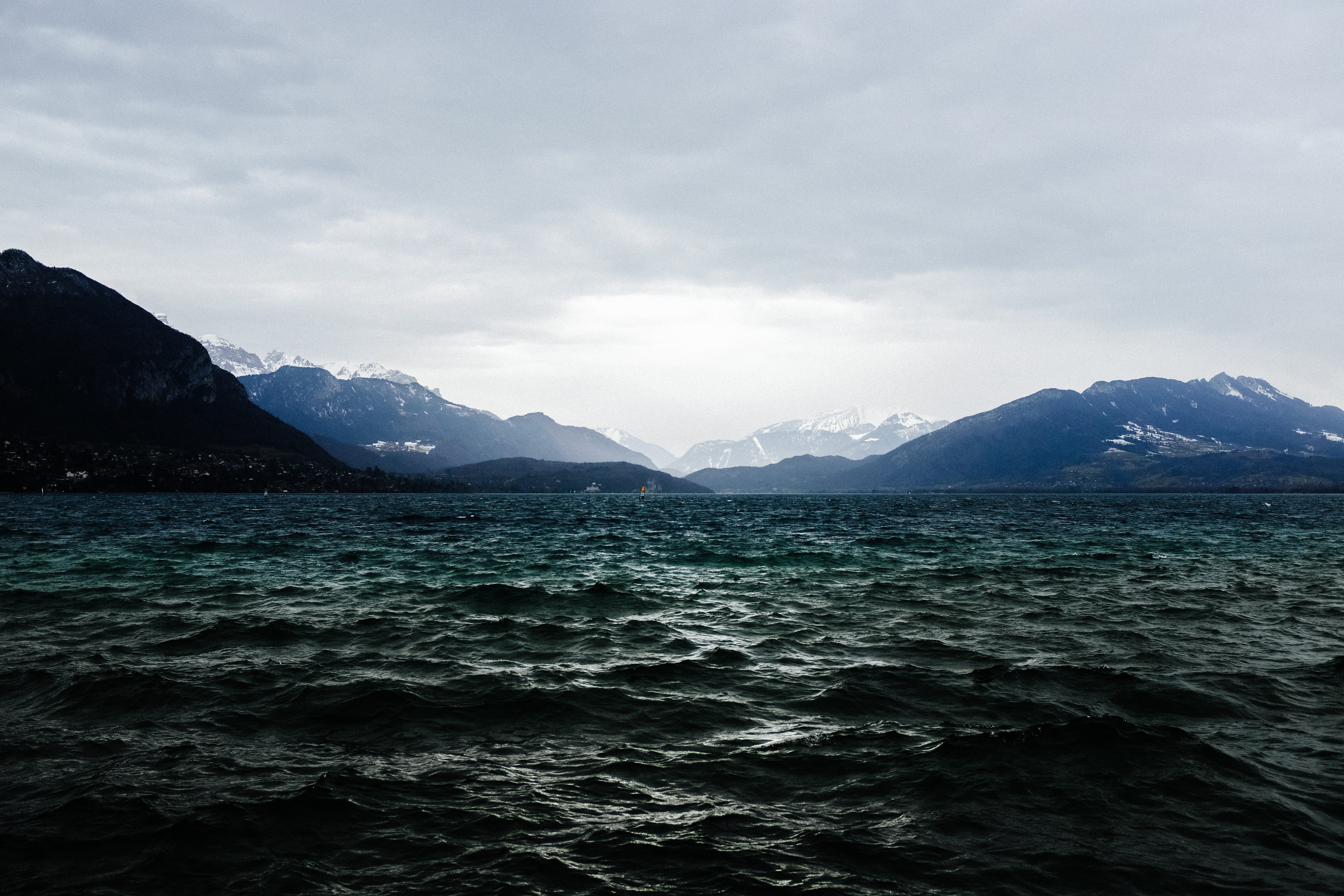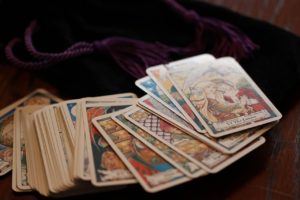Ursula K. Le Guin’s A Wizard of Earthsea is an enjoyable, important read.
Le Guin’s prose is, as always, a sort of poetry and music, and her worldbuilding shows us vast, uncharted worlds with deep cultures that provide a mirror (often of contrast) for our own. For a novel of 260 short pages, she packed it full of interesting characters, powerful scenes, and golden dialogue. On top of all that, the overwhelmingly brown and black cast was very refreshing, especially for a novel written in the ’60s. Even today, many works lack that degree of diversity.
The book also includes an afterword that would be valuable for any writer. That glimpse into her headspace when she wrote the book—the fact that she intended to buck the racist stereotypes of the time and tell a new sort of story—helped me resonate with her more and understand her creative ideals.
As a whole, I can hear the echoes of the fantastic tales that came before the book, vastly improved by Le Guin’s deft hand, and I see the influence it has had on the genre as a whole. It should certainly be foundational literature for the fantasy genre.
I did see two downsides in this book. Le Guin’s prose is poetic and beautiful, which sets the tone… but it’s also very distant. It creates a wall between reader and tale. At first, I thought this was because of Le Guin’s beautifully distracting language. But, upon further reflection, I realized that the “wall” came from something else: Le Guin covers huge swaths of time and distance within the same page, rarely ever telling the story in full, movie-like “scenes.” As a result, we can’t grasp on in the same way that we can in books like American Gods or A Darker Shade of Magic. This narrative distance allows us to see the whole world and the way the story fits into its motions… but it also separates us, emotionally, from the tale. The other major downside was the lack of impressive women. Le Guin addresses this in her afterword, noting that the story was supposed to be modeled after the male dominated stories she’d read.
Still, there is a great lesson that writers can learn from A Wizard of Earthsea, which seems to be lost in a lot of modern tales: it’s entirely possible to create a perfectly compelling, intriguing tale that isn’t about war or battle, and doesn’t have them as a backdrop.
After all, A Wizard of Earthsea is nearly fight-free and I hardly noticed until it was pointed out.
Le Guin actually discusses this in her afterword. She wanted the book to be about self-discovery. She wanted to buck the hypermasculine trends of war-glorification in the same way that she bucked the racist habits of lily-white protagonists fighting black barbarians. Instead, she focused her conflicts on personal things; a desire to be powerful, the arrogance and impatience of a teenager, the guilt of an adult who has to undo the consequences of their failure.
Le Guin takes these ideas and gives them powerful import with the tools that the fantasy genre gives her. You feel wonder both from her worldbuilding, and the personal conflicts of Ged, Vetch, Ogion, and the rest of the cast. Not only that, her avoidance of “fight scenes” made for a cerebral, emotional book. The fact that conflicts weren’t going to be resolved by violence didn’t lessen the book’s interest. Rather, it puts the characters in a highly compelling bind, as they need to find more intelligent and empathetic ways to solve their problems.
This even makes you question the deceptive simplicity of violent narratives. As Le Guin puts it:
War as a moral metaphor is limited, limiting, and dangerous. By reducing the choices of action to “a war against” whatever-it-is, you divide the world into Me or Us (good) and Them or It (bad) and reduce the ethical complexity and moral richness of our life to Yes/No, On/Off. This is puerile, misleading, and degrading. In stories, it evades any solution but violence and offers the reader mere infantile reassurance. All too often the heroes of such fantasies behave exactly as the villains do, acting with mindless violence, but the hero is on the “right” side and therefore will win. Right makes might. Or, does might make right?
Ursula K. Le Guin, A Wizard of Earthsea (265-266)
The concern isn’t just an ethical one. It’s a craft issue, as well.
Le Guin refers to war as “limited [and] limiting,” and I think she’s right. Too many stories are resolved through a fight, as though violence is the only or the best way to clean up a complex issue. But, the fact is, that it’s the easy way out of a messy situation.
Stories live and die by their conflict, and those conflicts are often judged by the difficulty the protagonists has in resolving them. The smaller the corner the protagonist has been forced into, the narrower their path of escape and the more creative their method of victory, the more interesting the story becomes.
So, looking at stories that way, is a slugfest really the best way to solve a problem in a story? It’s simple enough, after all, for a character to slit a throat or win a fight. What happens when, instead, you take violence off the board? Rather than “limiting” your story to one mode of conflict, this turns you from the narrow image of a blade to a whole world of possibility. You can force a boy against the shadow of his own mistake, which he must chase across an endless ocean, you can show a child torn between his arrogant quest to prove himself the best and the wisdom of his friends, and you can inject a degree of nuance and reality into your story that will breathe creativity and intrigue into every word.
Don’t think I’m disparaging war stories or fight tales. Some of my favorite stories fall into those categories. They’re fun, exciting, and can be laden with nuance and meaning. Look at Steel Crow Saga or The First Law trilogy, both of which, while being war stories, are also reflections on the tradition and glorification of violence. Likewise, I’m aware that many sci-fi and fantasy tales don’t follow this pattern.
But, it’s more common than not, and I think it’s worth reminding people that limiting yourself to fight stories is just that: limiting yourself. The Earthsea Cycle is a classic of fantasy literature, and proves that a compelling, exciting fantasy story can be many things. For all its cerebral qualities and nuance, it doesn’t lose its excitement or intrigue.
So, give this sort of storytelling a go. Try to write fantasy and sci-fi without fights or violence or a backdrop of war. You may find that this “limitation” gives you far more to play with than you think.
Featured image courtesy of Adrien Olichon!

